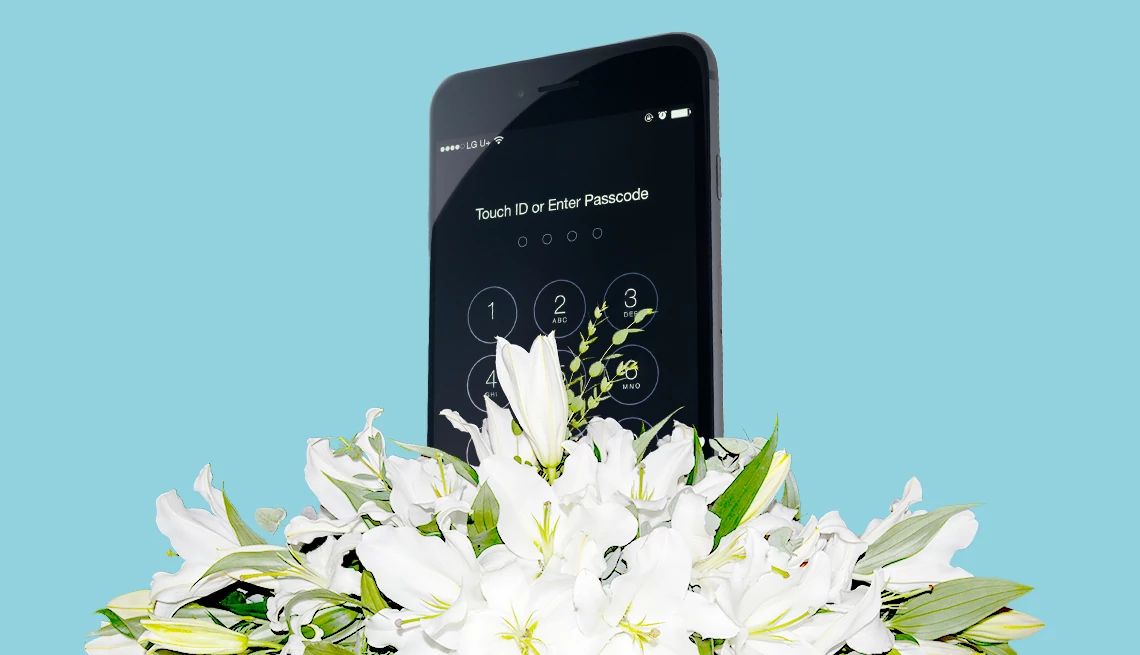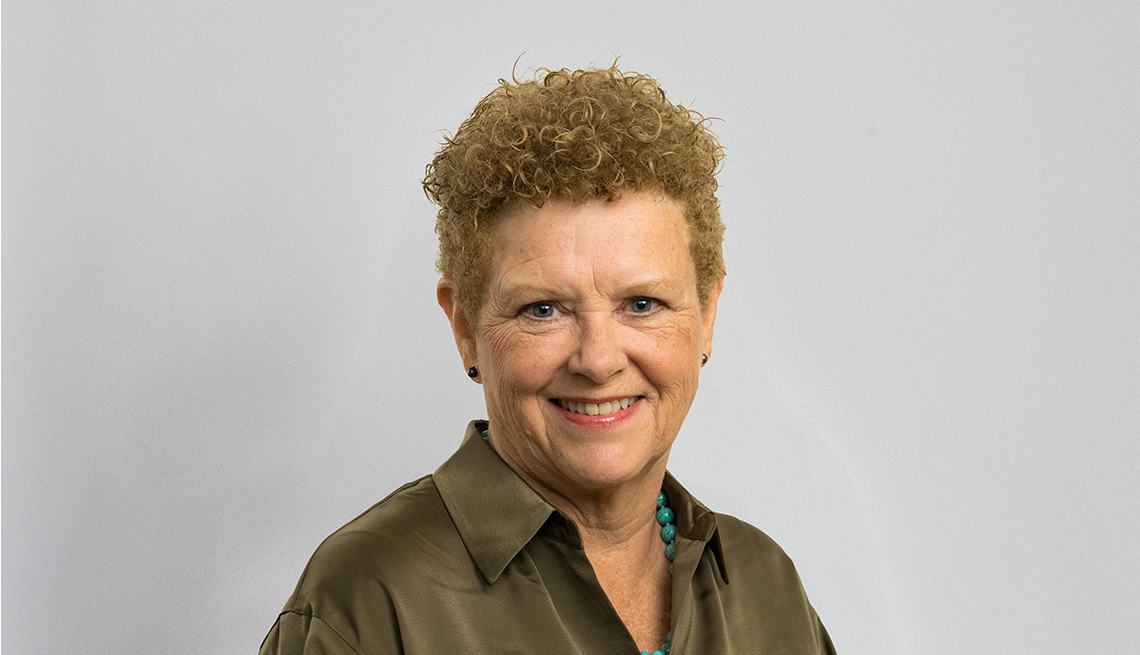
- Select a language for the TTS:
- UK English Female
- UK English Male
- US English Female
- US English Male
- Australian Female
- Australian Male
- Language selected: (auto detect) - EN
Play all audios:
_WILL I BE ABLE TO RECOVER PHOTOS FROM MY LATE WIFE’S IPHONE WHEN I DON’T KNOW HER PASSCODE?_ A loved one’s unexpected death is terribly tragic. You get an added kick in the gut when you
cannot access precious pictures of the two of you together on your loved one’s phone, not to mention important documents or other content. Your question echoes a recently published BBC
article I came across about a 64-year-old British man who was unable to recover wedding photos on his wife’s iPhone in time for her funeral after she died of a brain hemorrhage. The widower
had hoped to create a slideshow for the funeral. Sadly, people either forget their loved one’s passcode or as a couple never got around to sharing it. And unless they set up something in
advance, they can’t use their own mug or fingerprint to get past the lock screen on their partner’s phone via Face ID or Touch ID biometrics. Nor did they designate what’s known as a legacy
contact on iPhone. The feature is something Apple encourages. For three years, it gives a person you trust who survives you access to apps, files, messages, notes, pictures and so on stored
in the deceased’s Apple account. After that, the account is permanently removed. Legacy contacts — yes, you can have more than one — do not have to be the person you’re married to or even a
relative. This person doesn’t have to have an Apple account or own an Apple device either. After you pass away, legacy contacts must provide a death certificate and the access key generated
when you chose them. APPLE, GOOGLE POLICIES DIFFER ON PRIVACY AFTER DEATH In the name of security, companies have sound reasons why accessing another person’s device should not be simple
even if you’re married. And Apple has long taken a strong stance on privacy, which it often refers to as a “fundamental human right.” For its part, Google, the search powerhouse behind the
Android operating system, writes on the web: “We recognize that many people pass away without leaving clear instructions about how to manage their online accounts. ... In certain
circumstances we may provide content from a deceased user’s account. In all of these cases, our primary responsibility is to keep people’s information secure, safe and private.” Google adds
that it cannot provide passwords or other login details and that any decision to satisfy requests about users who pass away will be made after a “careful review.” If accessing someone else’s
smartphone — any loved one — is made too easy, a divorced spouse could try, say, to pull a fast one on an ex. Or a scammer might attempt to exploit data on an exposed phone for nefarious
purposes. SURVIVORS HAVE LIMITED OPTIONS, ESPECIALLY WITH APPLE If no Apple legacy contact has been designated but you are a rightful inheritor, you can get access to the device itself but
not the data on it. The phone will be restored to factory settings. Passcodes are encrypted and Apple can’t help with the biometric locks either. For proof, you’ll have to provide a death
certification and other requested legal documentation. Under this circumstance you can use a different Apple ID on the device. But since it was returned to its original state, the data,
including photos, would be wiped out.








